Rethinking renewable energy with professor Susan Krumdieck.
HAPPEN FILMS PODCAST #4
Audio only
Learn more about Susan Krumdieck
Book: Transition Engineering: Building a Sustainable Future, by Susan Krumdieck
Article of interest: Susan’s response to the film Planet of the Humans.
Transcript
Jordon:
Hey everyone, we’re Jordan and Antoinette and welcome to another episode of the Happen Films podcast. If you’ve seen our film Living the Change, you might recognise this week’s guest professor, Susan Krumdieck, who we interviewed in that film about renewable energy.
Description
In Episode 4 of the Happen Films Podcast, we speak with Dr Susan Krumdieck. Susan is an American-born, New Zealand-based Professor of Mechanical Engineering at Canterbury University. Her research has developed novel methodologies and tools needed to rapidly downshift fossil fuel use while recovering real value for people and environment.
Over the course of her research she has worked on development of every type of renewable and alternative energy technology, culminating in founding the emerging field of Transition Engineering. Transition Engineering actions social responsibility and sound science to deliver change projects that down-shift the exposure to fossil fuel supply and climate change risks. Transition Engineers work in the gap between fossil fuelled expectations and constraints of flourishing.
This is a topic that fascinates us both. The first time we met Susan was in 2016 when we interviewed her for our film Living the Change. It was a game-changing conversation for us, as while we weren’t exactly ‘techno-optimists’, we soon realised how little we new about the realities of the mainstream renewable energy story. Susan might break your bubble about that story, but she does it with great passion and always with a tone of what we called ‘hopefulness’ and she calls ‘purpose’.
Susan’s approach to renewables, and that of Transition Engineering, is to begin with our vision for the future. These days, rather than simply researching new technologies to make renewables more efficient, she is rethinking how we use our technology, how much of it we even need, and what alternatives exist to technology itself that could improve our lives while reducing our exploitation of the earth.
Community, Urban Living
49 mins
